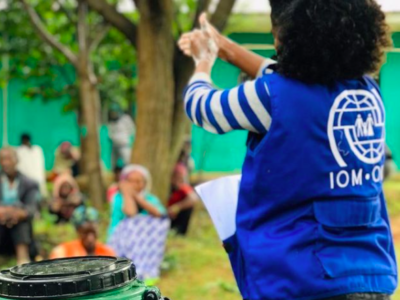Many people, especially international relations or political science majors, dream about becoming humanitarian aid workers. Places like the United Nations, the Red Cross and other nonprofit organizations become their desired workplace. What most people don’t understand, however, is exactly what the work entails.
Read on for all you need to know about how to become a humanitarian aid worker.
What does a humanitarian aid worker do?
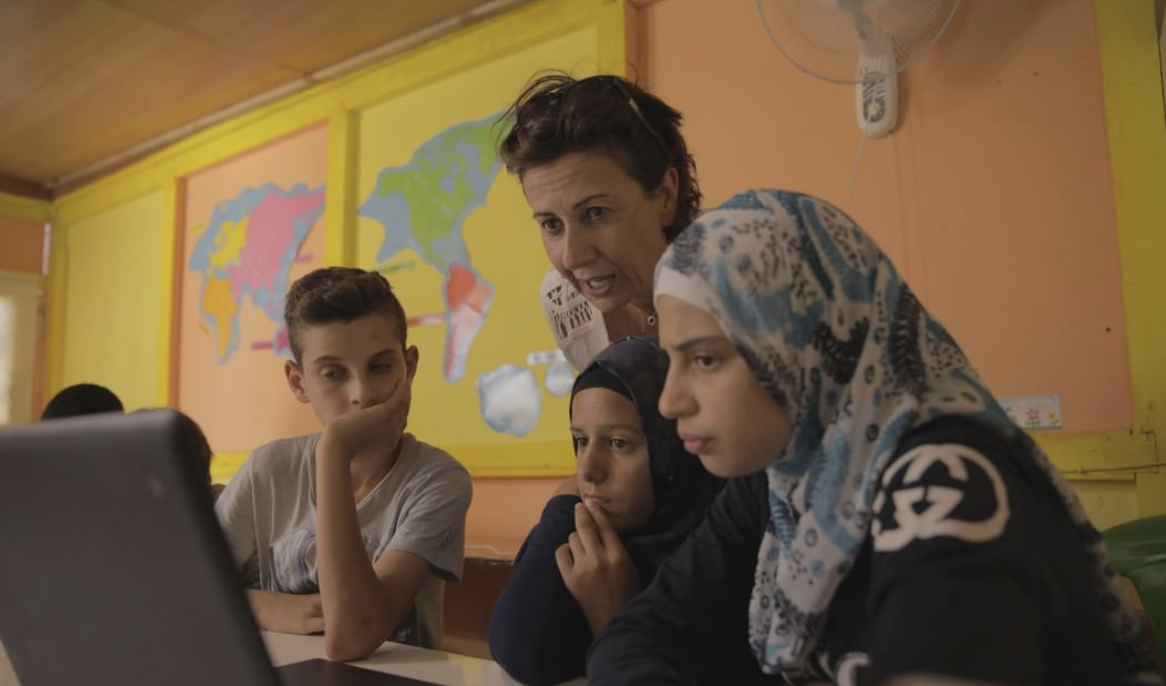
A humanitarian aid worker works to help other people, improve their lives and relieve poor or stressful situations. Humanitarian aid workers:
- Help those in need in the context of emergency
- Help people impacted by both natural or human-made catastrophes
- Act as the first line of response for such catastrophes
- Guarantee that people of concern have access to basic human rights such as food, shelter and education
- Provide counseling on protection issues to people of concern (UNHCR)
- Interact with the community daily by identifying the needs of extremely vulnerable individuals, directing people to other services and monitoring protection actions (IOM)
- Monitor the state of the camp (schools, child-friendly spaces, water points, clinics, shelters, latrines, roads, etc.) and report any gaps, misuse or repairs needed (IOM)
- Support the production of any material needed for information purposes, such as reports, articles for the web, brochures, films, etc. (UN Women)
- Work in the different sections of the organization such as communications, fundraising and operations staff as needed. (Malala Fund)
What does it take to become a humanitarian aid worker?
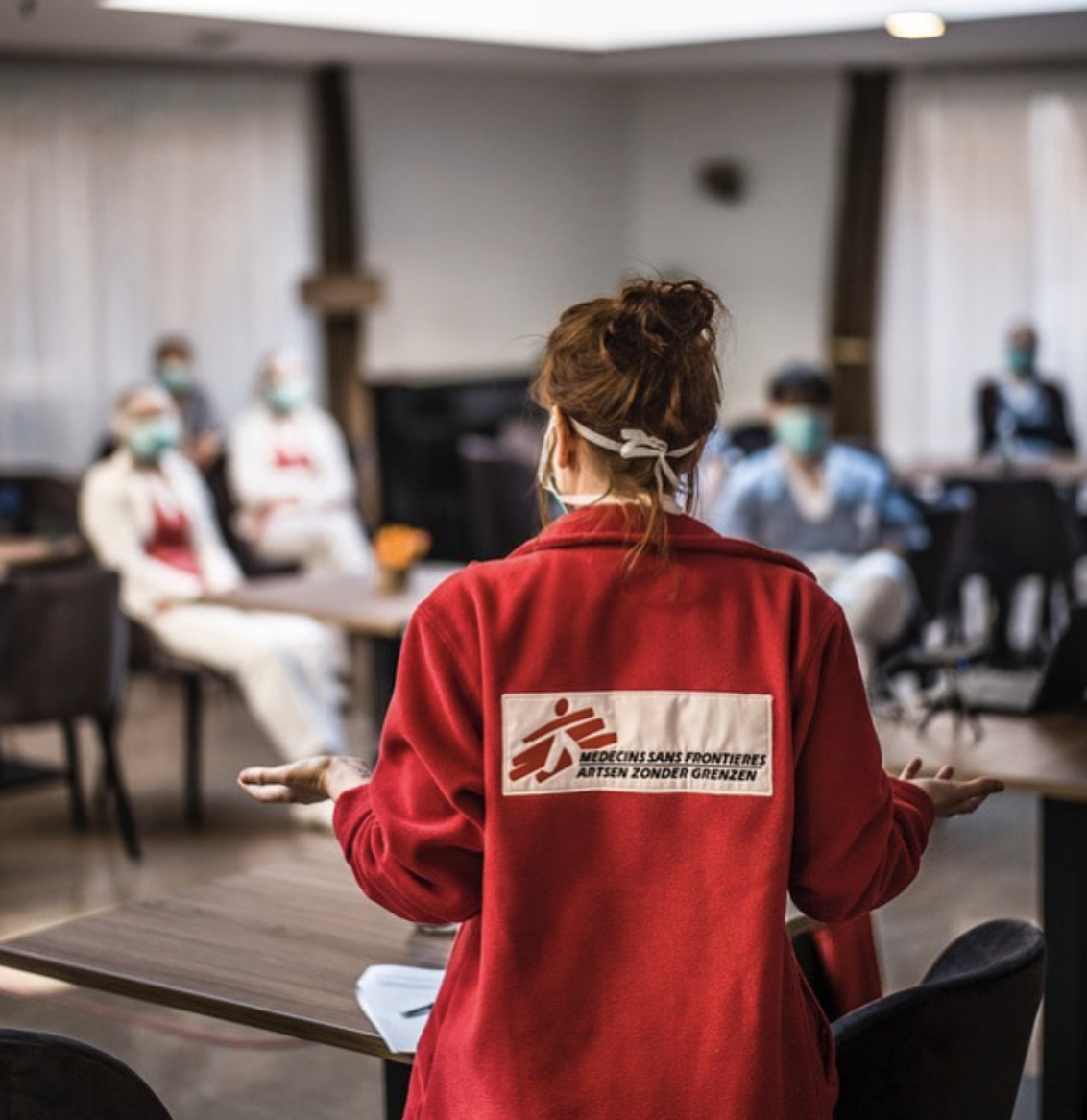
Most humanitarian aid jobs require a bachelor’s degree in areas such as international relations, political science and social sciences. While in college, experience built both in and out of the classroom are very important for your career journey.
“Finding a leadership role in any club or organization can be beneficial. Within this specific industry, the ability to analyze data and create and communicate your findings/results is very important in helping individuals and communities,” Penn State career advisor Katherine Wysocki said.
Outside of school, you can also participate in many projects that will help you acquire the experience required to build a strong foundation for the job.
“Experiences with the public, volunteering in social actions and courses related to the topic are good things to add to the curriculum,” current humanitarian worker Georgia Melo said.
Previous work experience in volunteering could help to show the passion you already have for the area. Additional certificates might also be beneficial.
“A tip would be taking some online courses related to migration, PSEA and camp management,” International Organization for Migration team leader Yared Abdisa said.
Those courses are especially important if you need specific information for the job that is usually not taught at universities, such as camp management.
What you should know about becoming a humanitarian aid worker?
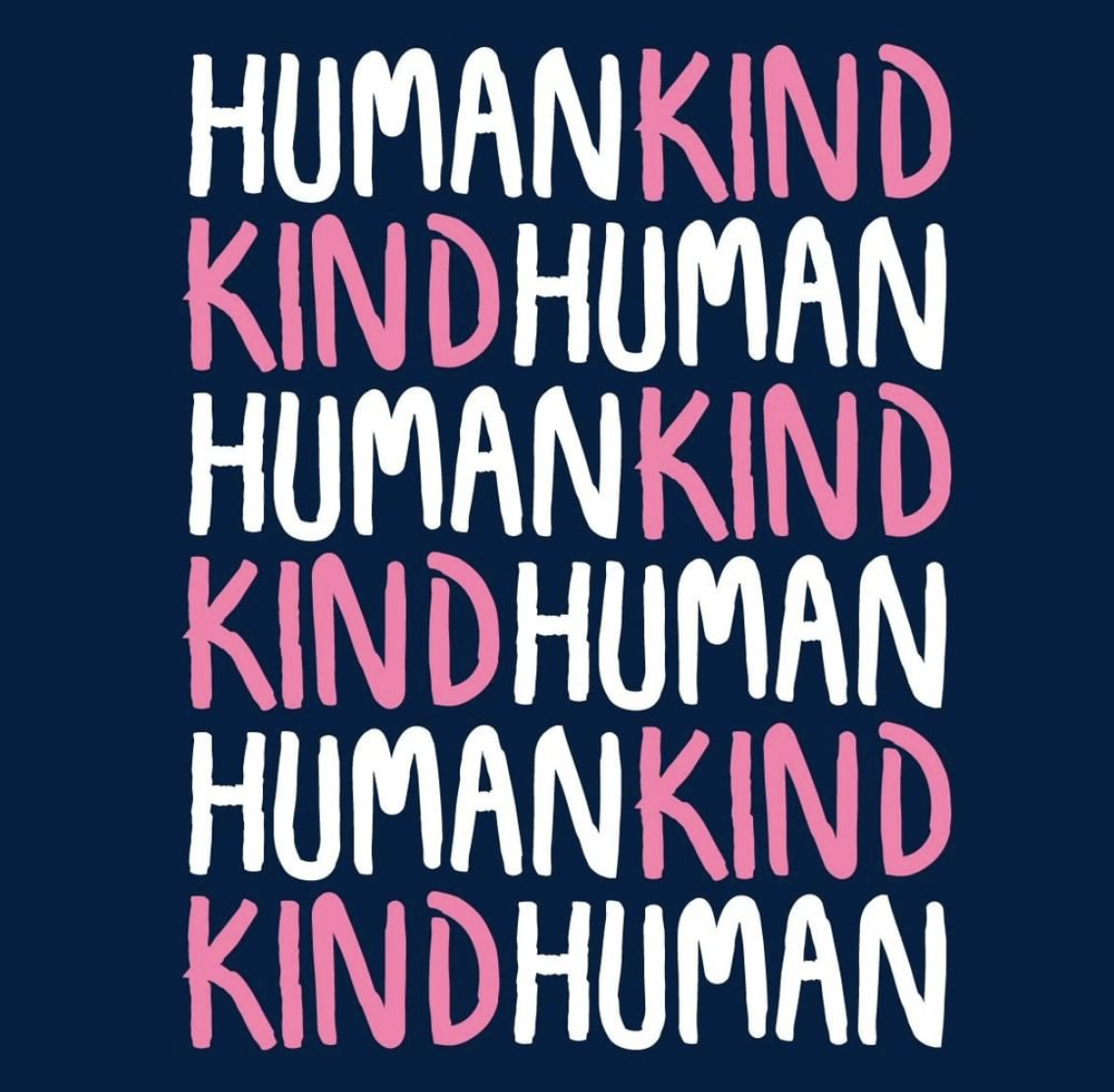
1. What income will I earn as a humanitarian aid worker?
The median income for humanitarian workers is $60,000 a year. Some companies provide hazard pay depending on the activity and location of your post, therefore the salary might increase a few thousand dollars a year.
2. How much will I be expected to work?
Depending on where you work and the emergency context you’re in, your hours can vary. Most of the time, you can expect to work from nine to five, mostly during the weeks. Since it’s a job in the context of emergencies, you might have to take unpredictable trips and work extended hours and weekends.
3. What will my work environment be like?
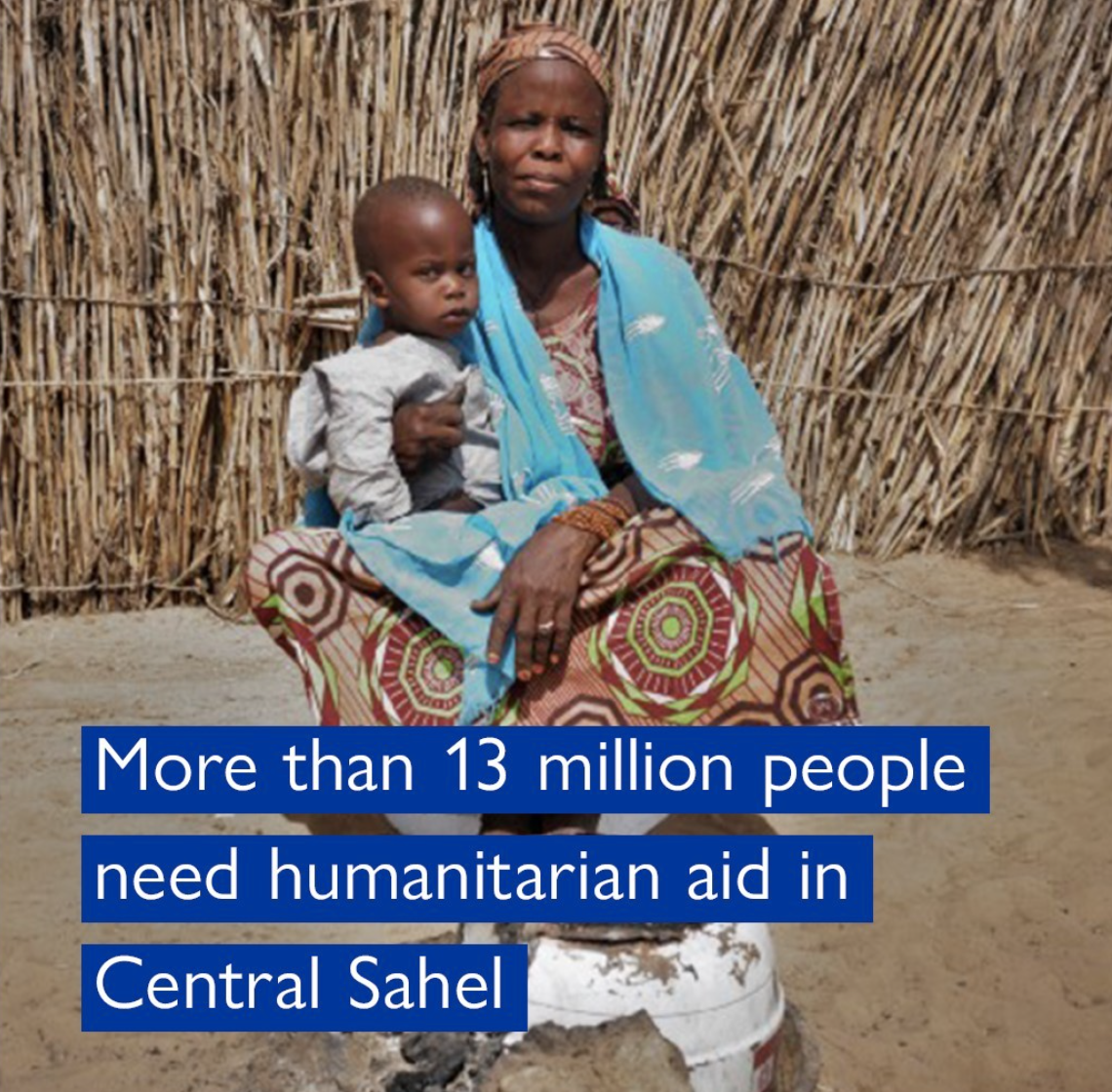
Depending on your specific job, you can work behind a desk dealing with paperwork such as migration-related documents and other legal documents. You could do field work at camps, schools and other places, directly talking to the people and handling any situations.
To be a humanitarian aid worker, you can end up working with engineering, communications, medicine, law, logistics, transportation and other areas. For example, as a communications officer of UNHCR, you might be asked to write news, produce videos and photos to promote the work of UNHCR and attract new donations.
To work as a field assistant for UNICEF, you might be asked to entertain kids and teenagers, deal with paperwork to ensure they are properly enrolled in schools and, if they are immigrants, you might be asked to act as an interpreter.
The country you work in may also vary. Since the job exists in the context of emergency, you might need to move countries depending on where humanitarian aid workers are needed. Countries with civil wars, social inequality and a large influx of immigrants are usually the places you are going to act.
4. What do I need to know about the future of humanitarian aid workers?
As long as there are wars, terrorism, natural disasters, civil conflicts, the need for humanitarian workers will continue. With predictions for more intense storms due to climate change, for example, the number of displaced people running from natural disasters will increase, and so will the need for humanitarian workers.
What skills do I need to become a humanitarian aid worker?

1. Communication
You will be constantly dealing with people, so know how to communicate efficiently both in writing or orally. Whether it’s by asking for information from the people you offer help to, or communicating with the government and other organizations, knowing how to communicate clearly is a must.
2. Language
As a humanitarian aid worker, you will most likely interact with people from many different countries with different backgrounds. Being able to communicate with those you are assisting in their mother language could facilitate both your work and their trust in you.
3. Law
Many times, you will be dealing with law issues in your work. While most jobs as humanitarian aid workers don’t require a law degree, knowledge in the area is necessary for dealing with relocation issues, possible abuse cases, health issues, immigration and many others. Knowing how to keep the people you’re helping inside the law and guaranteeing their rights is essential.
4. Resilience
This is a demanding job both physically and mentally. Dealing with stressful situations, having to constantly move around and not always being successful with your job can take a toll on anyone.
Remember that you are human and can’t save everyone.
Reviews

“Those interested in the area are required a lot of alterity …. always keep an eye on the vacancies advertised because they are very popular,” IOM humanitarian aid worker Láiza Albuquerque said. “Always keep in mind that they need you there to help with all doubts.”
“Those who work in the humanitarian field know how difficult it is to spend so much time in this emergency context, especially in field activities. What makes everything comforting is knowing that our work makes a difference in the lives of many people,” Melo said.
“Initiative, persistence and motivation will be very important [skills] within this industry,” said Wysocki.

